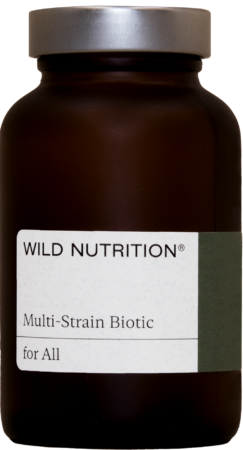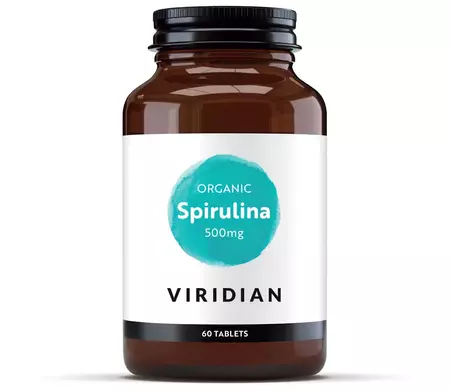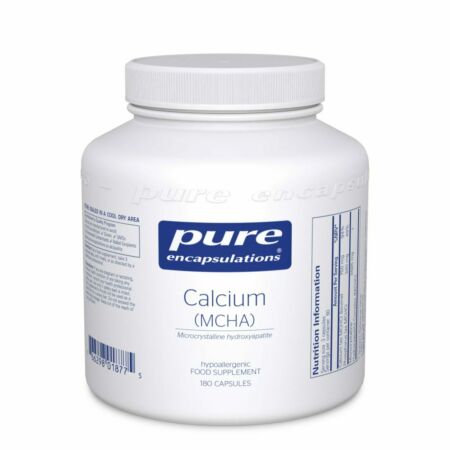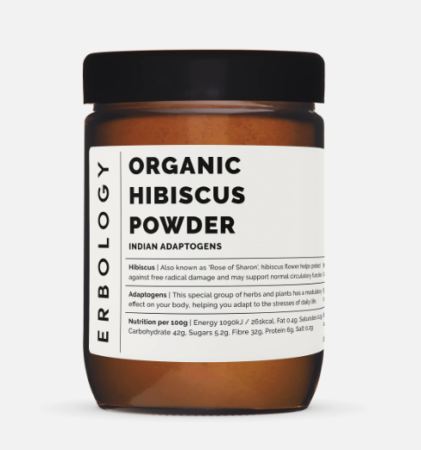In those living with Parkinson’s disease, maintaining overall good health is entirely possible with nutritional therapy and lifestyle adjustments. Nutritional therapy focuses on improving the function of the gut
Signs and symptoms of Parkinson’s disease:
Tremors in the hands, arms, jaw, head, or legs
Slowed movement
Muscle stiffness
Decreased balance and coordination
Causes of Parkinson’s disease
Parkinson’s disease is a chronic disorder of the nervous system. The nervous system sends signals throughout the body via pathways of cells and neurons. Parkinson’s disease is caused by the loss of nerve cells in a part of your brain called the substantia nigra.
Parkinson's disease causes unintended or uncontrollable movements, such as shaking, stiffness and difficulty with balance or coordination. As the disease progresses slowly, people with Parkinson's may eventually have difficulty walking and talking.
Lewy bodies and loss of dopamine in Parkinson’s disease
Lewy bodies are clumps of protein that can form in the brain. When they build up, they can cause problems with the way your brain works, including your memory, movement, thinking skills, mood, and behaviour.
Dopamine is a neurotransmitter chemical that aids in passing messages between different sections of your brain. In people with Parkinson’s, the cells that produce dopamine are impaired.
Risk factors for Parkinson’s disease
Results from a study on 1,676 people with Parkinson’s suggested genetics may play a role in the development of the condition. An estimated 10 to 15 per cent of people with Parkinson’s have a family history of the condition[i].
New research indicates how treatments could potentially be tailored to a person’s specific genetic background once further evidence on genetic forms of the condition has been ascertained[ii].
Certain chemicals have been linked to Parkinson’s development risk such as [iii]:
pesticides such as insecticides
herbicides
fungicides
Age:
Advanced age is the most significant risk factor for developing Parkinson’s disease. Ageing effects cause a cascade of stressors within the part of the brain which is impacted in Parkinson’s, this essentially weakens the nerve cells and their ability to respond to further issues that are seen as part of the disease process[iv]. The disease also seems to be more aggressive in males[v].
Nutritional Therapy and Parkinson’s
Parkinson’s and the gut microbiome:
Research has suggested that symptoms of Parkinson’s disease (PD) may be related to an imbalance of gut bacteria and subsequent dysfunction of the gut barrier, resulting in inflammation[vi]. This could result in reduced neurotransmitter production (e.g., dopamine), decreased gut motility and nutrient absorption, altered short-chain fatty acid production, increased gut permeability, and a weakened immune system[vii].
Parkinson's Disease and Constipation
Constipation is a common symptom of Parkinson’s due to decreased gut motility. Positive alterations to the gut microbiome could provide some relief from this symptom.
A study which split 120 participants with Parkinson's into a control group or intervention group that received a fermented milk product containing multiple probiotic strains and prebiotic fibre, which helps to support the growth of beneficial bacteria. After four weeks, the intervention group had significantly improved bowel movements compared to the control group [viii]. Similarly, a study featuring a control group that received either multistrain probiotic capsules for four weeks reported better stool consistency compared to placebo[ix].
Although research on probiotics for treating Parkinson’s (PD) is still in the early stages, taking a probiotic may be beneficial in some cases. If you are experiencing constipation related to PD, you may benefit from taking a probiotic supplement.
Application of diet in Parkinson’s:
Certain dietary changes may help alleviate symptoms for some people. As this condition is closely connected to a lack of dopamine cells, researchers are looking for ways to increase dopamine naturally through the diet. Foods high in antioxidants may also help cut down on oxidative stress in your brain, which may be responsible for some of the mental decline seen in Parkinson’s [x].
Nutrient-dense foods:
Nutrient-dense foods support the brain and nervous system. Additionally, those with Parkinson’s may be at risk for malnutrition. Examples include the following:
Iron: spinach, beef, tofu
Vitamin B1: grains, beans, lentils, and peas
Zinc: whole grains, red meat, oysters, and chicken
Vitamin D: salmon, tuna fish, fortified dairy products, and cod liver oil. In one Finnish study, the link between vitamin D levels in middle age and the risk of Parkinson's disease was examined with 3,173 participants[xii].
Calcium: dairy products, green leafy veggies, and fortified soy products
Vitamin B12 is an antioxidant. It helps keep red blood cells and nerve cells healthy and helps produce DNA.
Folate plays several roles in the body and brain. Both B12 and folate are involved in the metabolism of homocysteine, an amino acid. High levels of homocysteine are seen in various cognitive disorders.
Vitamin C and Vitamin E: researchers discovered that intake of high levels of both vitamin C or E reduced the risk of Parkinson’s by 32%[xi].
Omega 3:
Omega-3 fatty acids, reduce inflammation and may help improve brain function in those with Parkinson’s.
These can be obtained supplementally or in foods such as:
Salmon/ mackerel/anchovies/sardines/herring
spirulina
walnuts
flaxseed
Supplement recommendations for Parkinson’s disease
Try our product picks:
Iron: - 'Spatone'
Vitamin B1: 'High Twelve B-Complex B12 - Vitamin B12'
Zinc: 'Balanced Zinc Complex'
Vitamin D: 'Liquid Vitamin D3 (1000IU per drop)'
Calcium: 'Calcium Magnesium 2:1 Complex'
Vitamin B12: 'Vitamin B12 Plus (30 caps)'
Vitamin C: 'Vitamin C 250mg Multi-Ascorbate Complex (Non Acidic)'
Vitamin E: 'Vitamin E (mixed tocopherols, 90 caps)'
Omega-3 fatty acids: 'Eskimo 3 (250caps)'
Spirulina: 'Spirulina Tablets (200) Organic'
Flaxseed: 'Omega 3 - 6 - 7 - 9 Oil Blend (250ml)'
Antioxidants: 'Antioxidant Formula'
Diet and nutrients important factors to consider for Parkinson’s disease
Antioxidants
Antioxidants from food and supplements may help prevent damage to the nervous system, due to the role antioxidants have in protecting against oxidative stress[xiii].
The following foods contain large amounts of antioxidants [xiv]
Nuts: walnuts, Brazil nuts, pecans, and pistachios
Berries: blueberries, blackberries, goji berries, cranberries, and elderberries
Nightshade vegetables: tomatoes, peppers, and eggplant
Leafy green vegetables: spinach and kale
Foods to avoid:
High fat: Research suggests that a high dietary fat intake may increase your risk of this disease[xv]. Conversely, ketogenic diets have shown promise in the light of Parkinson's. However, a low-fat diet also showed benefits [xvi].
Foods that are hard to chew: Many people with Parkinson’s present with difficulty chewing and swallowing[xvii].
Processed food: Processed foods may be of detriment to gut health, which may affect symptom severity in Parkinson’s, as explained previously.
Additional tips:
Fill your diet with plenty of grain products, fresh vegetables and fruits, which provide vitamins, minerals, fibre and complex carbohydrates and can help you lower your intake of fat.
Limit refined sugar intake. A diet with lots of sugar from sources such as sweets and cakes, can be too high in calories and contain too few nutrients.
Reduce salt and sodium intake to help decrease your risk of high blood pressure.
Balance the food you eat with physical activity: Maintain a healthy weight to reduce chances of high blood pressure, heart disease, stroke, certain cancers and common types of diabetes. Your doctor can help you determine what a healthy weight means for you.
Drink alcoholic beverages in moderation, as they have empty calories and few (or no) nutrients. Drinking alcohol can cause many health problems and accidents. It may not be advisable to mix certain medication with alcohol. Check with your doctor.
For further advice we recommend a one-to-one consultation with our Nutritional Therapy Team. Click here for more details.






